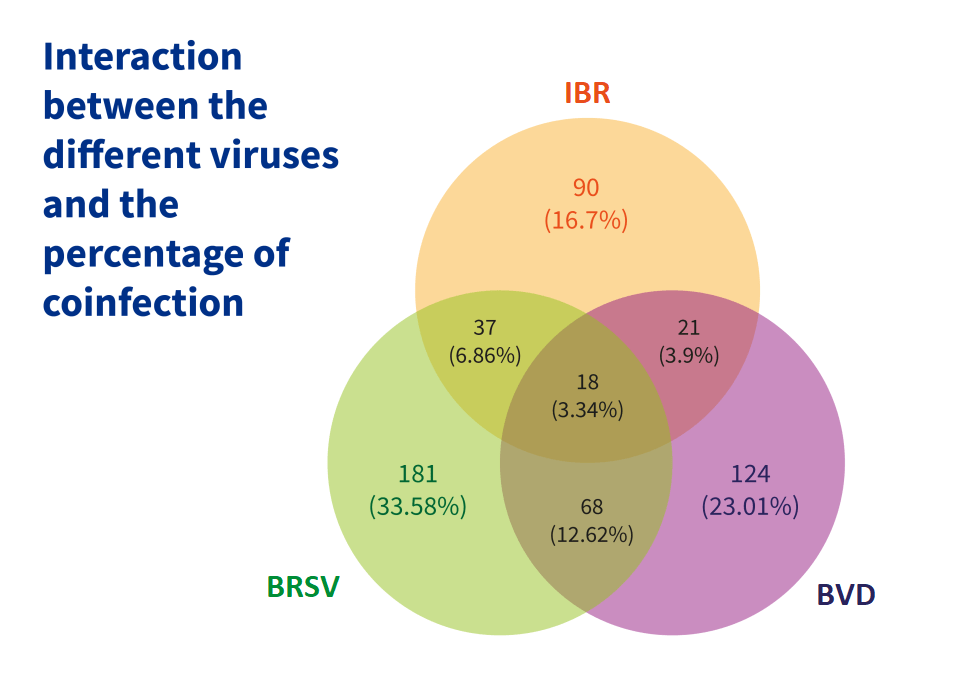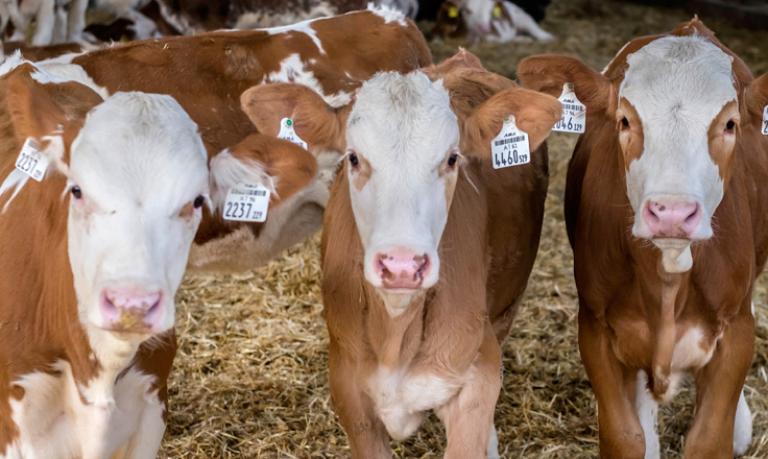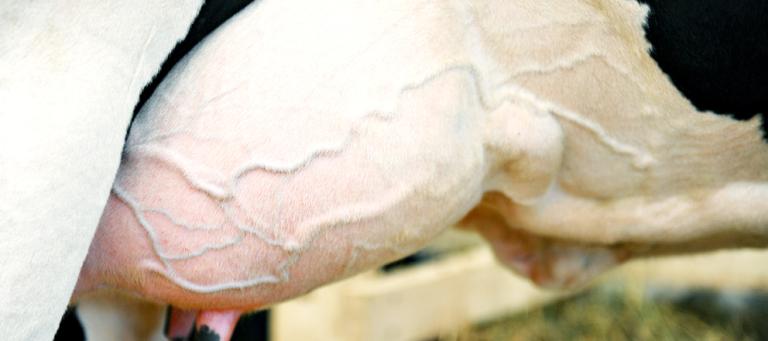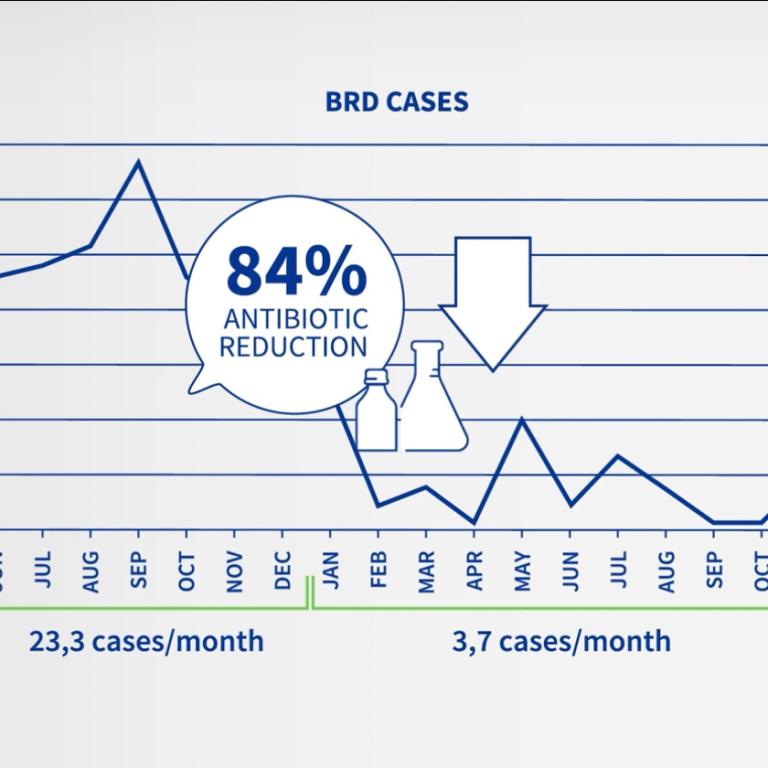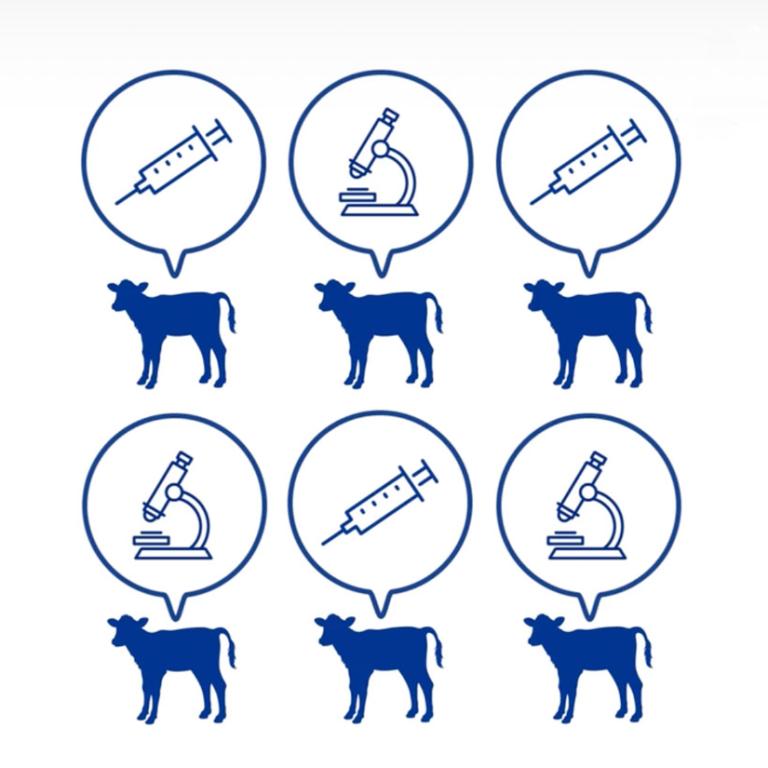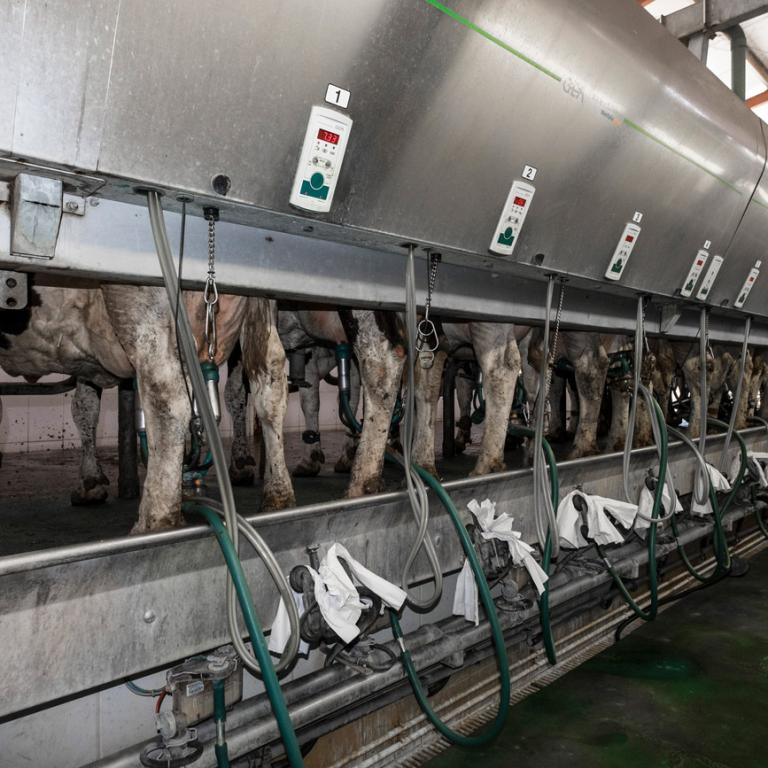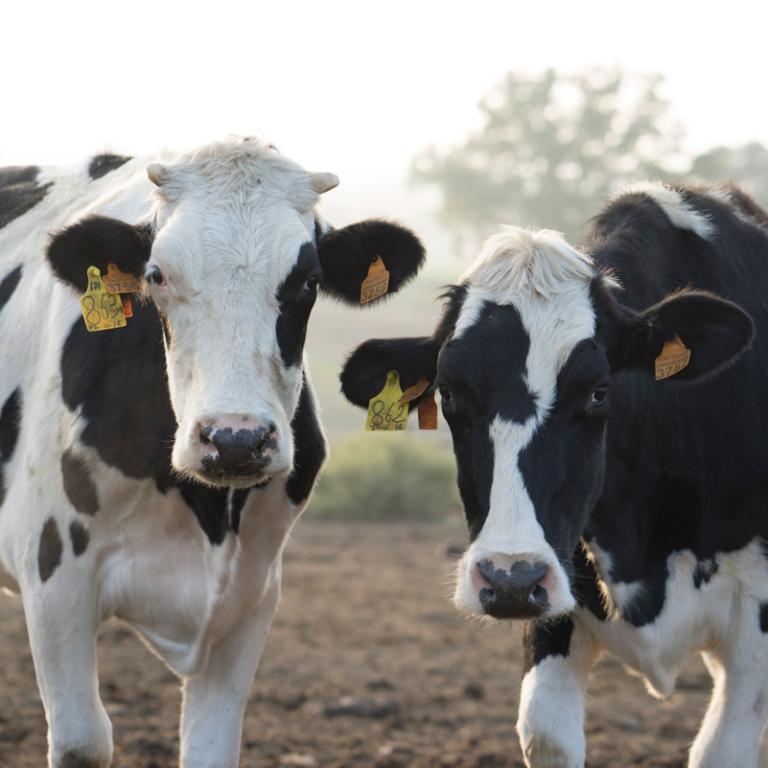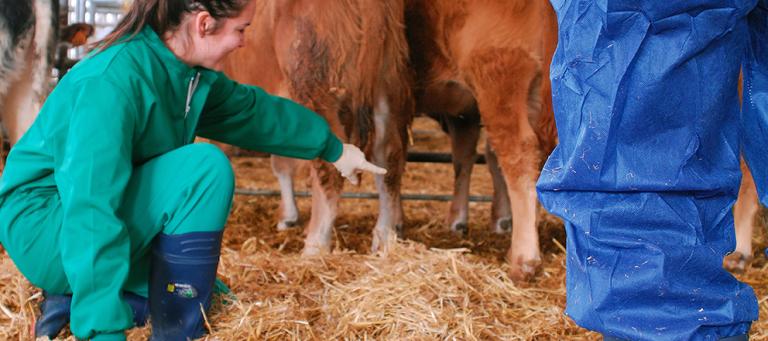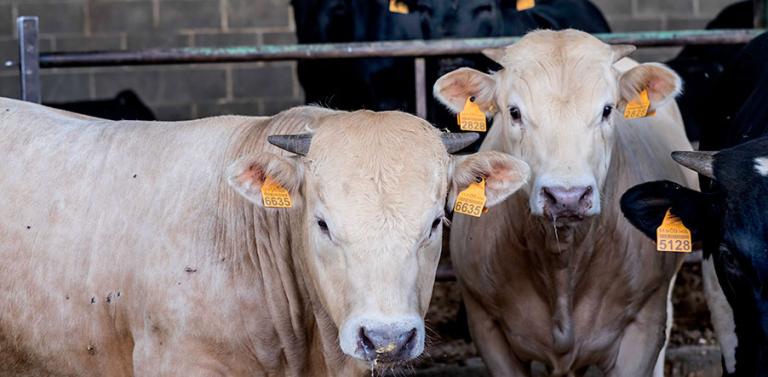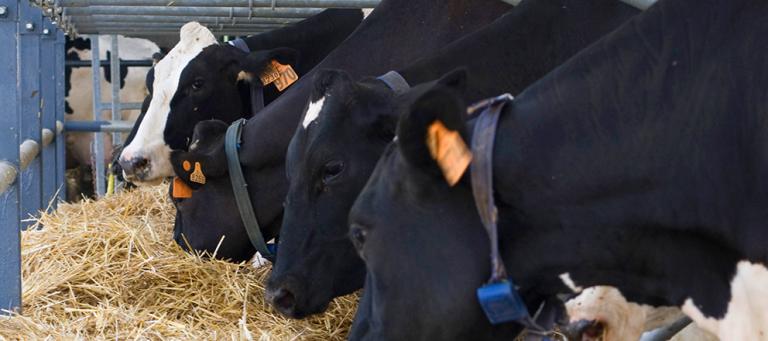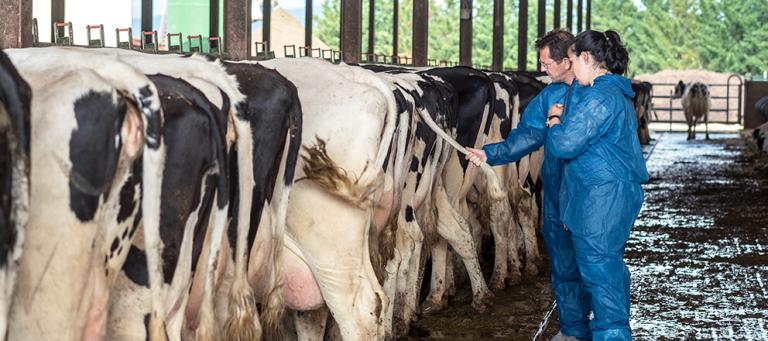HIPRA study reveals the prevalence of the main viruses of the Bovine Respiratory in Spain.
HIPRA has published an article in the Journal of Animal Science and Research. The article assesses the prevalence and its course over time of the most relevant respiratory viruses (BRSV, BoHV-1 y BVDV). The aim is to facilitate decision-making for the design and implementation of evidence-based vaccination programs. The study collected a total of 964 reports from 661 farms, generated from 2016 to 2020 and covering various regions in Spain. During this period, a total of 3,887 animals, both meat and dairy from different areas, being representative of the country's scenario, were sampled.
Results were derived from reports of samples testing positive for at least one of the three main viruses, averaging a total of 55.85% over the 5-year study duration. The Bovine Respiratory Syncytial Virus (BRSV) was identified as the most commonly detected virus, accounting for 31.5% of cases, fluctuating between 35.02% and 26.42% over the five years. This aligns with previous studies indicating that BRSV is the most common cause of lower respiratory tract infections. Secondly, bovine Viral Diarrhoea Virus (BVDV) was identified in 23.94% of cases (ranging from 18.43% to 31.95%), and lastly, Infectious Bovine Rhinotracheitis Virus (IBR) was detected in 17.2% of cases.
The latter exhibited the greatest variation, with a range from 8.88% in 2017 to 28.11% in 2020. This increase is directly related to the change in the Spanish situation in 2020 with the publication of the Royal Decree, permitting only the use of gE-negative vaccines against BoHV-1, discarding the traditionally used multivalent vaccines due to the lack of this deletion.
